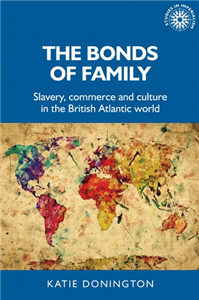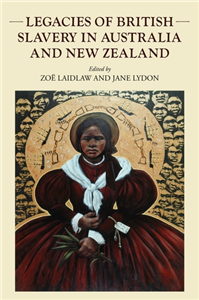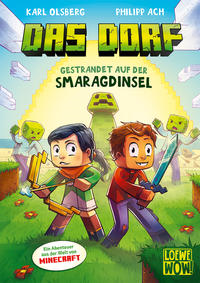Children's & YA
August 2021
The Villagers - Stranded on Monster Island (Vol.1)
Loewe Wow! meets Minecraft
In the village on the edge of the canyon, there is never a dull moment. Nightwalkers (zombies), bangers (creepers) and other dangers threaten the peace, but the villagers know how to defend themselves, however, they are not armed against the pranks of Nano, the son of the village protector Primo. Nano loves to play tricks on the villagers, which leads to many exciting adventures. But this time he takes it too far and causes chaos in the village: The snow golem he built devastates the entire village! To remain undiscovered and escape punishment, Nano and and his best friend Maffi hide in a boat that suddenly drifts out to sea without a rudder! The two are stranded on an island, which is not as deserted as it seems at first. Because when it gets dark, the familiar Minecraft monsters crawl out of the caves. Maffi and Nano must now find a way to escape the monsters and, of course, find their way back home. In the end, they succeed with the help of a stranger, but when they arrive in the village, no one believes what they have experienced. Everyone thinks the adventure they have had is just a fictional story.
Exciting stories, independent from the Minecraft game: not only for fans!
Illustrated in b/w with an eye-catching spot color, in the familiar Minecraft look
Biannual publication of new adventures


























